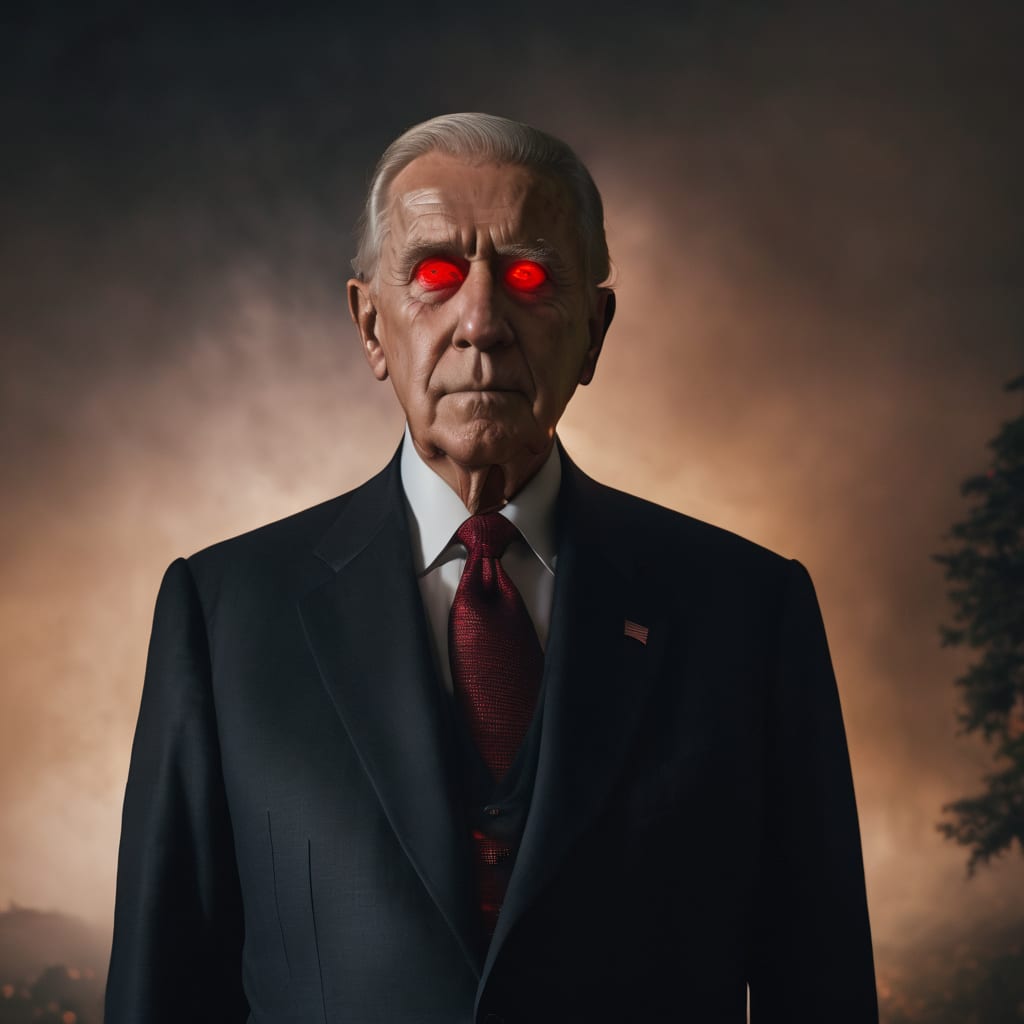Are old politicians killing politics?
American politics questioned

Introduction
In an era where generational divides and political differences dominate headlines, it's essential to scrutinize the age of our political leaders. While many may perceive me as a fellow Gen Z comrade, I must confess that I'm, in fact, an old Millennial. This distinction comes with its own set of peculiarities, including back pain and perpetual exhaustion. However, the real focus of concern lies in the age of our political leaders, who seem to have aged far beyond their years. Recent incidents, such as Mitch McConnell's press conference freeze-up and Dianne Feinstein's questionable memory, have underscored the issue of aging in politics. This article delves into the implications of an aging political class, explores the concept of gerontocracy, and assesses whether this phenomenon is the root cause of our political system's shortcomings.
A History of Gerontocracy
Gerontocracy, a term coined in the early 19th century to criticize France's aging Parliament, is not a new concept. Throughout history, societies often placed the bulk of political power in the hands of their oldest members. From ancient Greece and China to present-day eastern African tribal communities, elderly leaders have been the norm. This practice has its roots in the idea that experience and wisdom come with age. However, it's not always a recipe for success.
The Aging American Political Landscape
Today, the age of our political leaders has reached unprecedented levels. In the United States, a quarter of Congress members are over 70, marking the highest percentage ever recorded. This demographic disconnect becomes more glaring when we consider that only five percent of Congress members are under the age of 38. With such a vast age gap between the political class and the general population, concerns about representation and effectiveness arise.
Implications for Representation and Diversity
An aging Congress has significant implications for representation and diversity. Many of today's political leaders entered the scene at a time when it was more challenging for people of color, LGBTQ+ individuals, and women to gain a foothold in politics. This lack of diversity extends to the staff employed by these politicians, which further perpetuates a lack of diverse perspectives in decision-making. Additionally, a Pew research study revealed that older and younger generations have differing priorities on critical issues, affecting policy decisions and outcomes.
Incumbency and the Age Dilemma
The age issue in politics isn't solely due to the geriatric qualities of our representatives; it's a symptom of a broader problem—incumbency. Once politicians secure their positions, they often remain in office for decades, creating a cycle of power that's hard to break. Incumbents enjoy significant advantages in re-election, with rates consistently exceeding 80 percent. This phenomenon has evolved over the 20th century as politics professionalized, leading to lower turnover rates and an aging political class.
The Role of Money in Politics
While age is a factor, the primary issue in American politics is arguably money. The concentration of wealth among politicians is a more significant problem than their age. The wealth gap between members of Congress and the average American household is staggering. This discrepancy in financial status distorts their understanding of the issues affecting regular citizens, further highlighting the influence of plutocracy in American politics.
Rethinking Gerontocracy
Focusing solely on age as the defining factor in political effectiveness oversimplifies the issue. An aging political class is not the root of our problems; rather, it is a reflection of the entrenched power structures and wealth that dominate American politics. To address these concerns, we need to reframe the debate, recognizing that the real issue is not gerontocracy but plutocracy.
Conclusion
In the end, the age of our political leaders is a concern but not the root cause of our political system's shortcomings. Our focus should shift from vilifying the elderly to addressing the deeper issues of wealth concentration and incumbent advantages that perpetuate an aging political class. It's crucial to engage in discussions that lead to meaningful change, rather than succumbing to ageist sentiments or fantasizing about the demise of our political leaders. By tackling the real issues at hand, we can work towards a more equitable and representative political landscape.





Comments
There are no comments for this story
Be the first to respond and start the conversation.